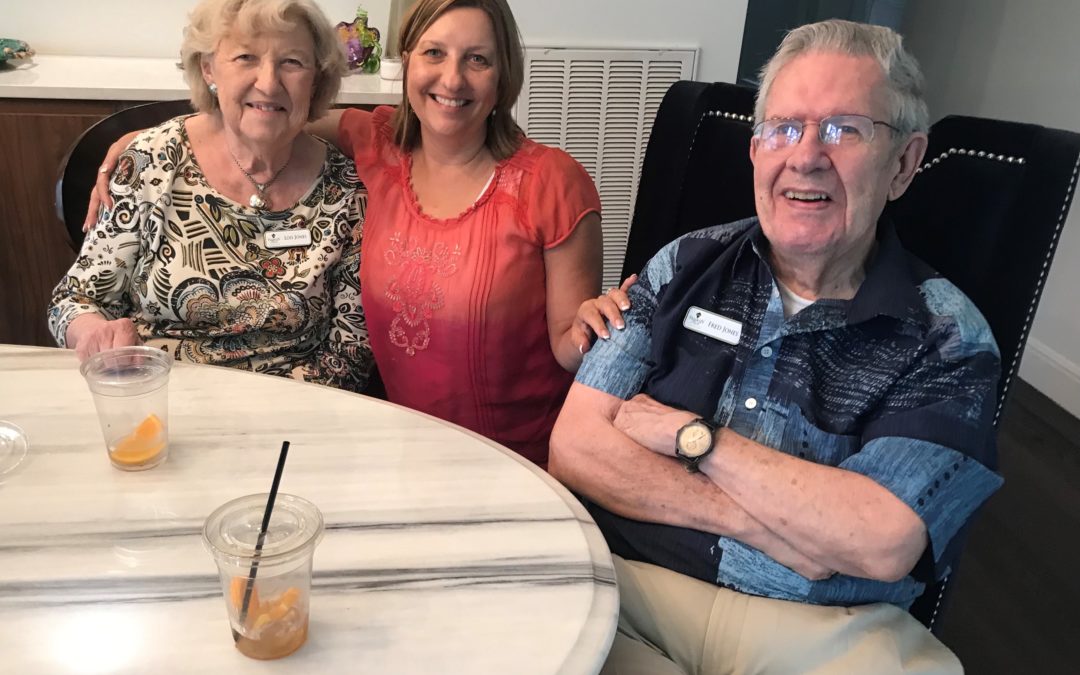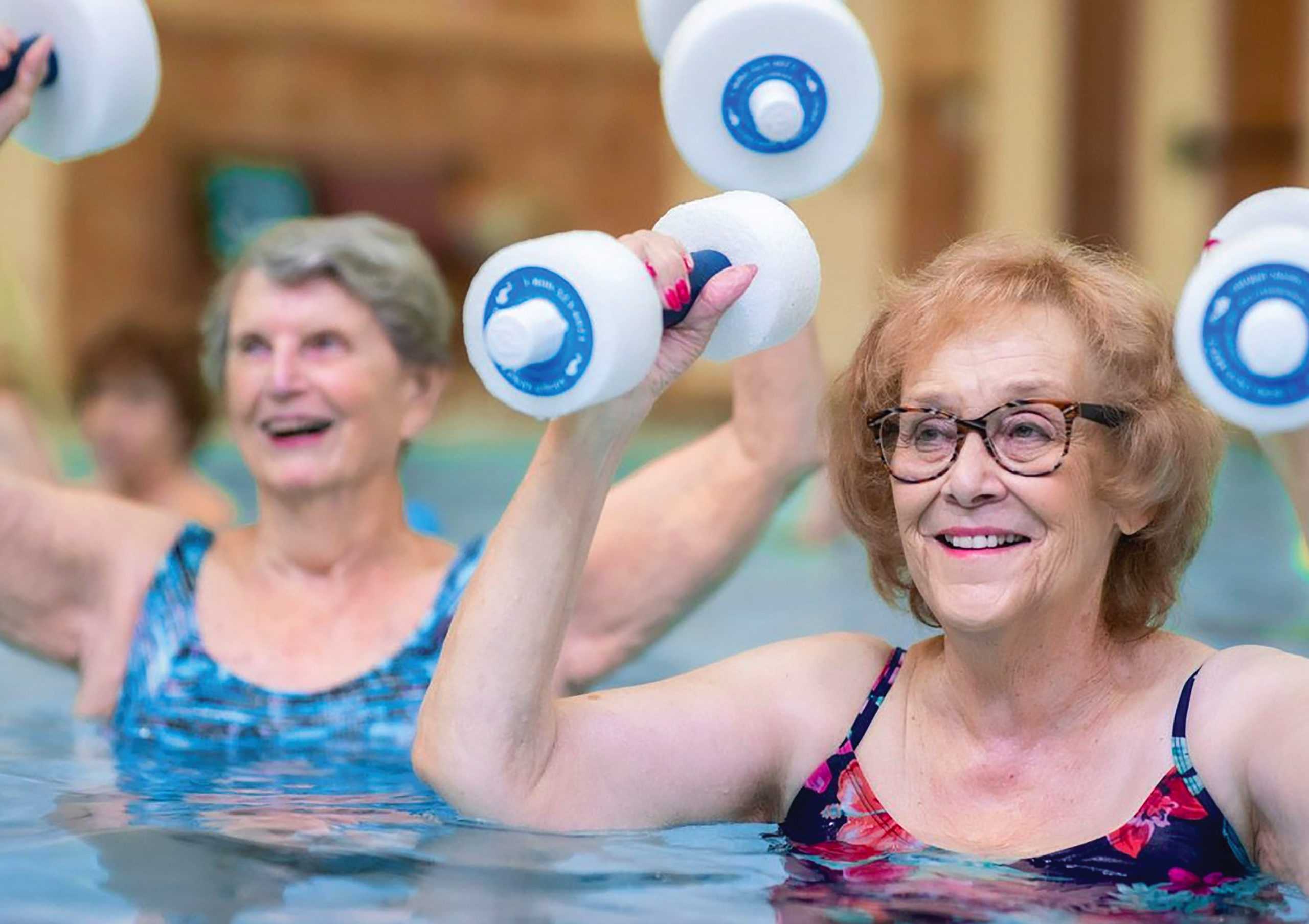Taking care of a sick or aging parent is not something you can train for; it’s usually on-the-job, seat-of-your-pants action and reaction. Because of ongoing improvements in medical care, the chances are much higher today that you’ll be helping in some way with elder care and for a longer period of time. You’ll need to have “the talk” with your aging parent(s) to determine their desires, requirements and resources — financial, emotional, physical — before a decision can be reached as to the type of elder care your loved one will experience. Try to work out ways they can maintain some control over their future, to meet their priorities. Take time to find out and answer any concerns for this life-changing transition. What to do in a medical emergency? And the hard question: What final arrangements does he or she prefer? Keep in mind that this is a sensitive process, and you may experience emotional resistance, anger and other negative reactions from your loved one. These assessments will, more than likely, need to be repeated as the years go by — particularly the assessment of physical and mental capabilities. You’ll need to know where the important papers such as the will, life and health insurance policies, bank and savings accounts, investment information, mortgage deeds, etc., are located. And where are the personal documents, like Social Security and driver’s license numbers, birth and marriage (divorce) certificates, military records and medical records, kept?
Following are some legal documents you’ll need in place:
Will: Names the executor of your estate and who gets property or other assets when you die.
Living will: (sometimes referred to as directive to physicians): Medical procedures you want (or don’t want) taken in the event you’re too ill to give your own preferences.
Power of attorney: Authorizes someone to act on your behalf for any purpose you designate and terminates upon your death or upon notice from you.
Durable power of attorney: Remains in effect if you should become unable to manage your own personal and financial matters.
Health care power of attorney: Allows someone you choose to make health care decisions on your behalf if you should become incapacitated.
Springing power of attorney: Activated only if you are incapacitated and allows your chosen agent to “spring” into action on your behalf.
How will senior services be paid for?
Can your parent or you afford to pay costs out-of-pocket? What about continuing or future income from investments, CDs, savings, pensions, retirement plans, Social Security?
Is there a long-term-care policy in force? Most health insurance policies exclude custodial care. Long-term-care policies provide coverage for custodial care and skilled nursing expenses and may provide for light housekeeping and/or help with a plan for care.
Does your parent qualify for Medicare (federal government health insurance based on entitlement for older people) or Medicaid (a federal government program for low-income, financially needy people based on need)? If so, what are the eligibility criteria, what is paid for, and what is not? Does your parent have a supplemental or “gap” insurance policy for Medicare and what Medicare doesn’t pay? Are any veterans’ benefits or disability benefits available?
Does your parent or relative own any real estate or have other personal property assets that may be sold? Would a reverse mortgage loan be appropriate if the elder person is eligible? There are some rather stiff eligibility rules and high mortgage fees to consider in these loans.
Other financial considerations include outstanding loans and credit card balances. Life insurance coverage for the elderly can vary according to the amount of debt owed, whether or not children are adults, available pensions and other monies. Some seniors maintain only enough life insurance to cover funeral and burial expenses, final medical expenses and estate taxes. Maintaining other policies, such as homeowner/renter and automobile insurance, depends upon the individual circumstances involved.
Armed with this information, you and your loved one can consider some of the lifestyle and senior services options.
Your acting as the caregiver can present some enormous challenges, not the least of which is time. Being a caregiver means less time for your family and for yourself. If you work outside the home, you may have to arrange for time away from work — coming in late, leaving early for doctor’s appointments, etc.
You may also incur considerable out-of-pocket expenses for additional food, transportation, medications, insurance co-pays, possibly alterations to your home for safety and physical limitations and so forth. You and your family may experience physical and mental stresses, including feelings of frustration, exhaustion, resentment, anger and sadness.
Outsourced types of senior care, based upon the level of care required are as follows:
• Adult day care provides health care and social activities at a center for those who can’t be left at home alone.
• Telephone call assurance can be an automated call or a live representative who telephones seniors on a regularly scheduled basis to assure seniors are OK and have taken their medicines.
• Personal medical alarm is worn by the elder person to assure emergency medical response 24/7.
In-home therapy can be prescribed by a physician and is probably covered by the senior’s insurance or Medicare/Medicaid. These services include:
• Speech therapy for treatment of speech, language, swallowing or cognitive skills.
• Physical therapy for rehab and to help lessen disability, pain, overall function and quality of life.
• Occupational therapy to help patients improve their abilities in their daily living or working environments and to compensate for permanent loss of function.
Respiratory therapy to help treat patients with cardiopulmonary problems, using various forms of therapeutic medical equipment and exercises.
• Companions and caretakers will come to a senior’s home and assist with chores like driving, shopping and light housekeeping. They do not provide any medical care.
• Respite care providers are used for short-term or emergency care for seniors during the absence of the primary caregiver. They’ll come to the home to give the family caregiver a break for a few hours per day or for an extended period of time.
• Visiting nurses are registered nurses (RNs) who perform medical care, rehabilitation and hospice care in a patient’s own home.
• Assisted living facilities allow for continued independence while also providing some necessary care for daily activities, social interaction and meals. Some facilities include morning beauty sessions for hair and makeup.
• Continuing care retirement communities provide housing options designed to meet the needs of residents as their needs change. These complexes include independent living apartments, assisted living apartments and nursing facilities. If more care is needed, high-quality, professional care is available for residents without their having to relocate. This type of facility is usually very expensive. By investigating the same type of facility in areas other than higher-priced neighborhoods, you might realize a savings for equally competent care, because high housing costs and taxes will usually drive up the costs of all facilities in the area.
• Nursing homes provide full-time medical care, meals, housekeeping, laundry and social activities for residents.
• Hospice care is specific care for terminally ill patients provided by specially trained nurses and other caregivers. The patient can decide whether to receive hospice care in his or her home, a hospital, a nursing home or a hospice facility. Hospice nurses can help the patient and family come to terms with impending death and make the most of their remaining days together.
To find answers to questions about the reputation of a facility, contact the state licensing agency and/or the local agency on aging and the Better Business Bureau.
The most consistent advice in all my research includes involving others — family, friends, physicians, caregiver support groups, clergy, social workers — any resource you can use to help. And to take care of yourself! Exercise, eat right, get your eight hours of sleep, ask for help to have a break, and take one day at a time.
Stay positive.









0 Comments